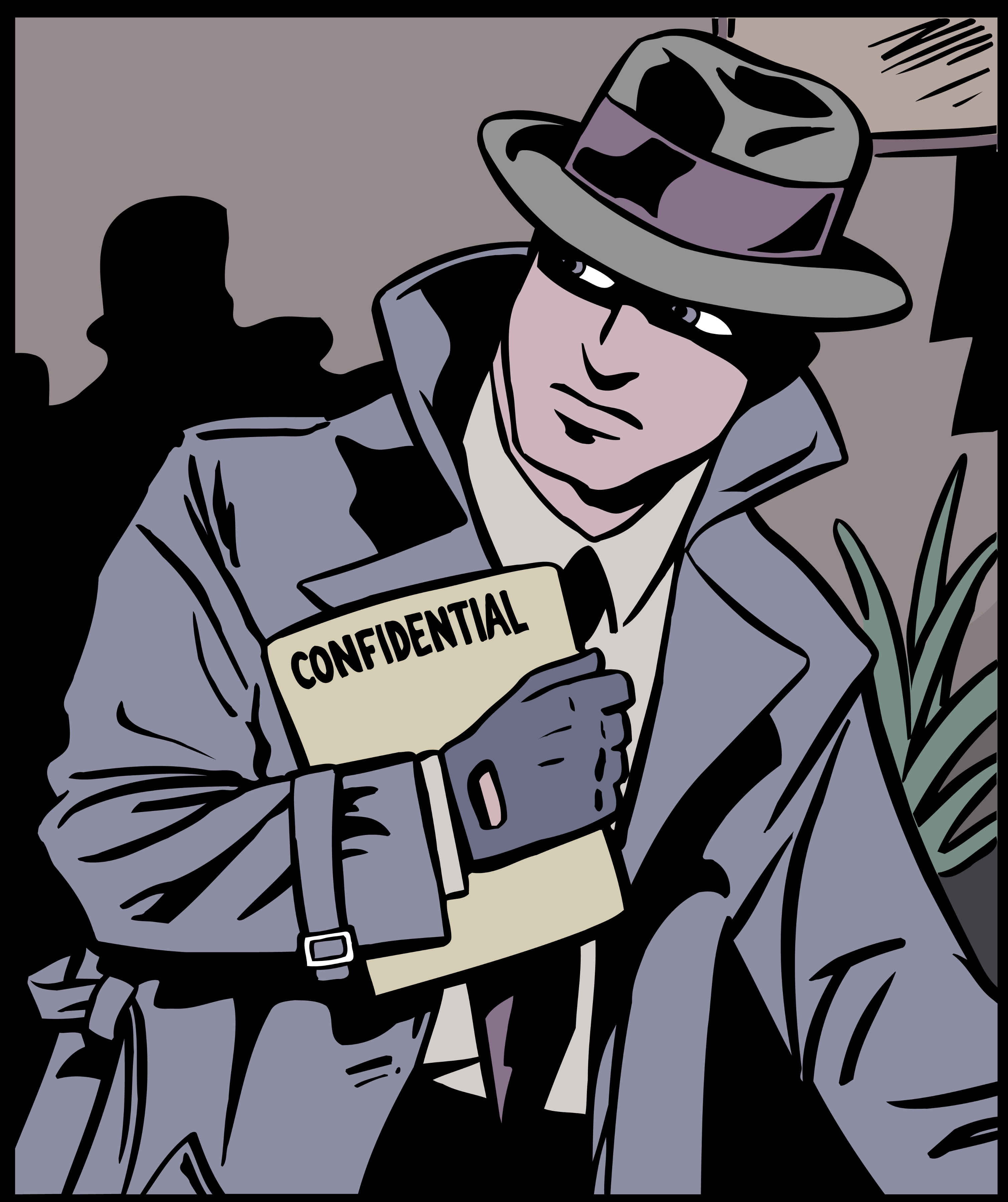Here's the latest travesty of secrecy from the NSA
The NSA is refusing to release its own ethical and legal guidelines, calling them "top secret." This is alarming.


A free daily email with the biggest news stories of the day – and the best features from TheWeek.com
You are now subscribed
Your newsletter sign-up was successful
The National Security Agency has never been particularly forthcoming. But its latest tight-lipped refusal to share information with the public is egregious, even for the NSA.
Now, in response to a Freedom of Information Act request, the National Security Agency is withholding its own ethical and legal guidelines, calling them "top secret." This is ridiculous.
This all began with a 2013 press release issued by the agency, in which it sought to "clarify" troubling issues swirling around XKEYSCORE, a secret spy tool first revealed by Marc Ambinder and me, and later confirmed by the Edward Snowden documents. XKEYSCORE is basically the NSA's Google, used for searching through the agency's myriad databases and servers. Because of the sheer volume of data collected by the agency, the program is enormously flexible and allows data to be sliced and cross referenced with other agency tools.
The Week
Escape your echo chamber. Get the facts behind the news, plus analysis from multiple perspectives.

Sign up for The Week's Free Newsletters
From our morning news briefing to a weekly Good News Newsletter, get the best of The Week delivered directly to your inbox.
From our morning news briefing to a weekly Good News Newsletter, get the best of The Week delivered directly to your inbox.
The potential for abuse of such a system is obvious, and amid such Snowden revelations in 2013 as LOVEINT, a practice by some NSA employees in which the awesome power of the "panopticon" is used to spy on ex-lovers, the agency sought to set the record straight.
"Allegations of widespread, unchecked analyst access to NSA collection data are simply not true," wrote the agency. "Access to XKEYSCORE, as well as all of NSA's analytic tools, is limited to only those personnel who require access for their assigned tasks. Those personnel must complete appropriate training prior to being granted such access — training which must be repeated on a regular basis. This training not only covers the mechanics of the tool but also each analyst's ethical and legal obligations."
If those claims to such rigorous training are true, that would be a very good thing. And so Jeff Stein, a national security correspondent at Newsweek, had a simple question: What kind of legal and ethical training do NSA employees receive? Through his attorney, Kel McClanahan of National Security Counselors, a non-profit law firm that specializes in issues of privacy and government secrecy, he filed a Freedom of Information Act request with the agency, and waited. Almost three years after he filed the paperwork, the NSA finally had an answer.
The material responsive to your request has been reviewed by this Agency . . . and remains classified TOP SECRET as provided in Section 1.2 of Executive Order 13526. The documents are classified because their disclosure could reasonably be expected to cause exceptionally grave damage to the national security. [NSA]
"The funniest part of this entire thing," said McClanahan, "is that they put out a press release saying, 'We obey all laws and ethical obligations,' and then you ask them which laws and ethical obligations and they say, 'We can't tell you.'"
A free daily email with the biggest news stories of the day – and the best features from TheWeek.com
If XKEYSCORE were so highly classified that the NSA couldn't even acknowledge its existence, then its response would at least be defensible. Discussing the ethical guidelines related to a program would imply that the program is real. This line of argument was first put forth by the Central Intelligence Agency in 1975, when it rejected a request for records on Project Azorian, claiming that any response to the request would imply the existence of something it could "neither confirm nor deny." But that's not the case of XKEYSCORE. The program has not only been extensively covered, but revealed and explained by the National Security Agency in a press release.
There is no reason to believe that NSA guidance to employees on the handling of XKEYSCORE data should be inextricably intertwined with operational details of XKEYSCORE (which they might legitimately withhold), McClanahan says. "Ethical and legal guidelines are broad stroke authorities or statements that say, 'Don't disseminate this outside your office,' or 'Don't use this for personal reasons.' Or 'Be aware that the Fourth Amendment applies.' If they're really saying that the ethical and legal limitations they place on their analysts are classified, then that's really bizarre."
If the agency is correct in its assertion that revealing its employees' knowledge of ethics and how to obey the law will cause grievous injury to national security, then it is necessary to ask why that is.
The NSA did not respond to multiple requests for comment.
The possible explanations for the NSA's refusal to disclose the sort of information one might expect them to be positively eager to discuss are troubling at best. Is it not the nature of the limitations, but the number? Are so few legal and ethical limitations placed on analysts that the agency fears disclosure of this might spark calls for tighter regulation?
"A lot of people are worried about the idea of 'secret law,'" said McClanahan. "What if there is an executive order out there that nobody knows about because it's classified? What if that is the legal obligation the NSA is talking about? If so, then by all accounts, technically speaking, the ethical obligation training would be classified." The documents related to ethics and legal guidelines were not heavily redacted, page after page of solid black lines; they were withheld in their entirety. Not one syllable of their ethical obligations were deemed safe for public consumption.
"You're telling me the only training that these people are being given on legal and ethical obligations is set forth in a classified piece of law?" McClanahan said. "There are no other legal obligations? There are no other ethical obligations that are not classified? That's huge if that is the case."
Indeed, just as scientists can only infer the existence of new planets by discovering tiny gravitational anomalies, the limits of a hypothetical secret law might be discovered only by records requests such as this one, and by the concerted efforts of sunlight activists like McClanahan and his colleagues. Something big is certainly orbiting the sun of the government secrecy apparatus. Remember, the NSA is directly stating that its ethics and legal guidelines are top secret because "their disclosure could reasonably be expected to cause exceptionally grave damage to the national security." That sounds pretty big to me.
When people worry about NSA analysts using the agency's capabilities for questionable reasons, the NSA brags about how super-trained its analysts are about their ethical and legal obligations. But revealing those ethical and legal obligations would devastate national security. Why?
David W. Brown is coauthor of Deep State (John Wiley & Sons, 2013) and The Command (Wiley, 2012). He is a regular contributor to TheWeek.com, Vox, The Atlantic, and mental_floss. He can be found online here.
